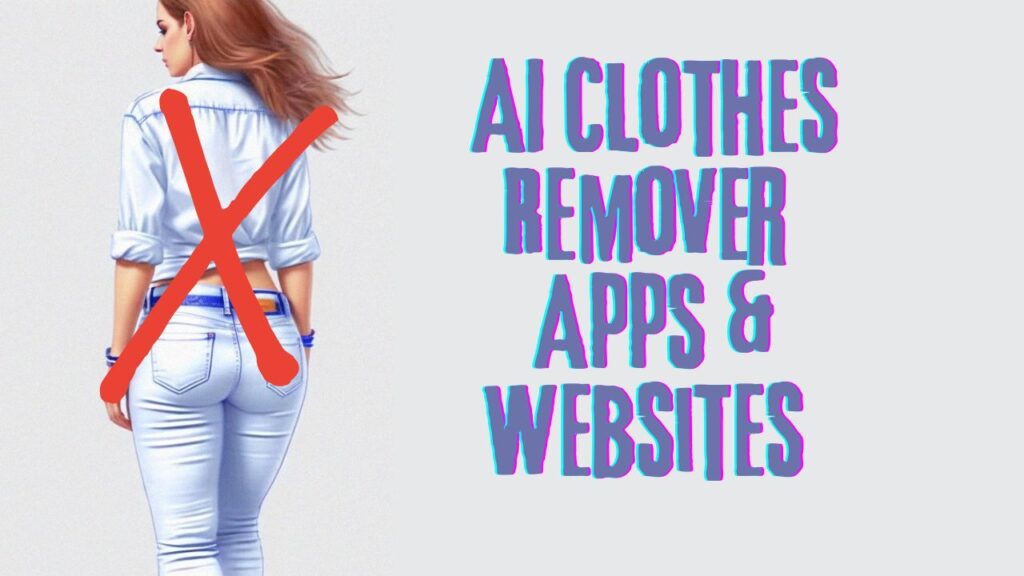The Undress Free Movement: A Comprehensive Guide To Understanding Its Impact
The concept of "undress free" has been gaining traction in recent years, sparking curiosity and debate across various platforms. As society progresses, individuals are increasingly exploring the idea of liberation from traditional norms, including those surrounding clothing. "Undress free" represents more than just the physical act of removing clothing; it embodies a philosophy centered around freedom of expression, body positivity, and embracing one's natural self. The term "undress free" often conjures imagery of freedom and release from societal constraints, allowing individuals to embrace their authentic selves without fear of judgment. This movement challenges conventional beliefs, encouraging people to redefine their relationships with their bodies and the clothing they choose to wear—or not wear.
The "undress free" movement is not merely about advocating for nudity; rather, it seeks to empower individuals to make informed choices about how they present themselves to the world. By fostering an environment where personal autonomy is prioritized, this movement encourages individuals to question longstanding societal norms and to consider alternative perspectives. The "undress free" philosophy invites people to explore the reasons behind their clothing choices and to contemplate the impact of these decisions on their self-perception and interactions with others.
As the "undress free" movement gains momentum, it becomes increasingly important to examine the cultural, social, and psychological implications of this shift towards greater personal freedom. By delving deeper into the motivations and challenges faced by individuals embracing this lifestyle, we can gain a better understanding of the broader implications for society as a whole. This article will explore the origins of the "undress free" movement, its key principles, and the various ways it is reshaping contemporary norms and attitudes towards clothing and self-expression.
Read also:Joymii A Deep Dive Into The World Of Adult Content
Article Recommendations

